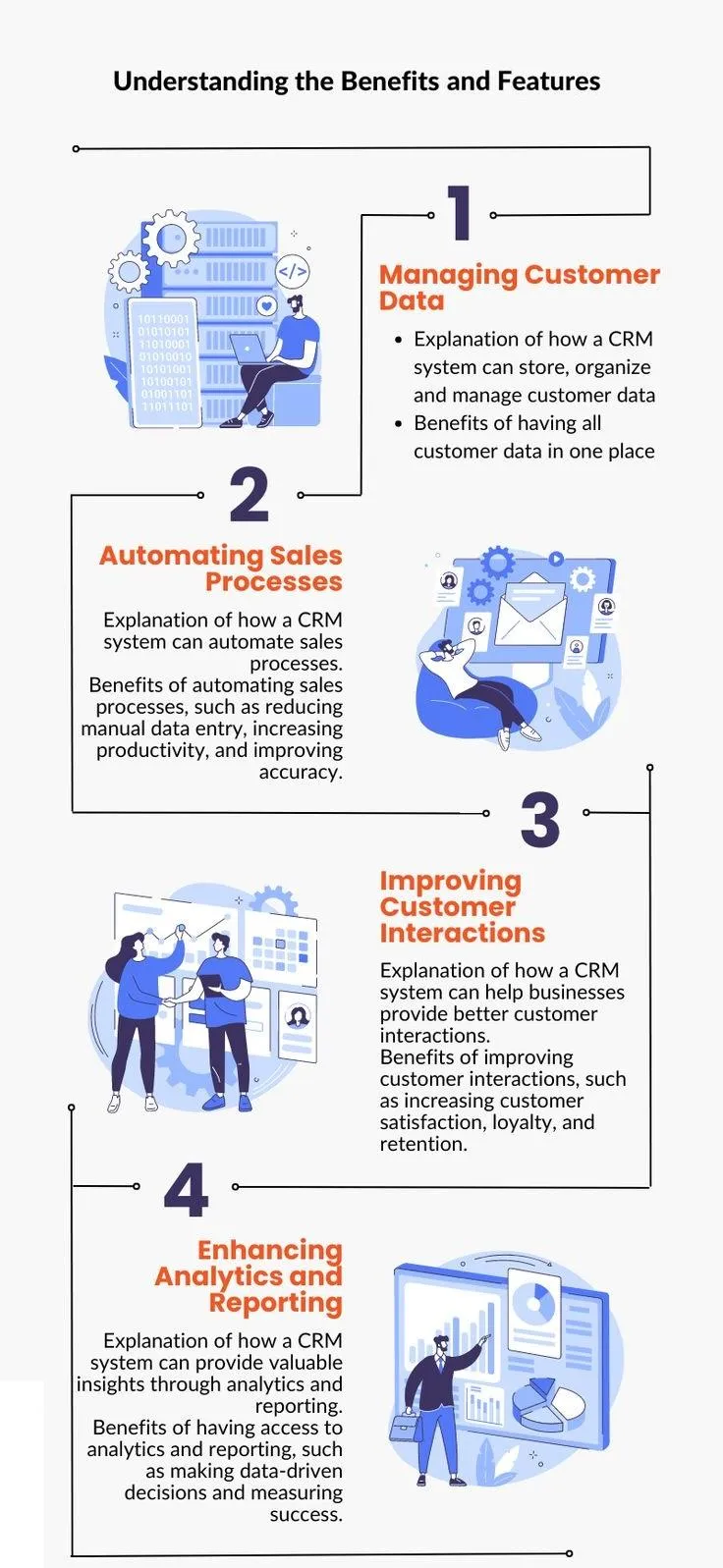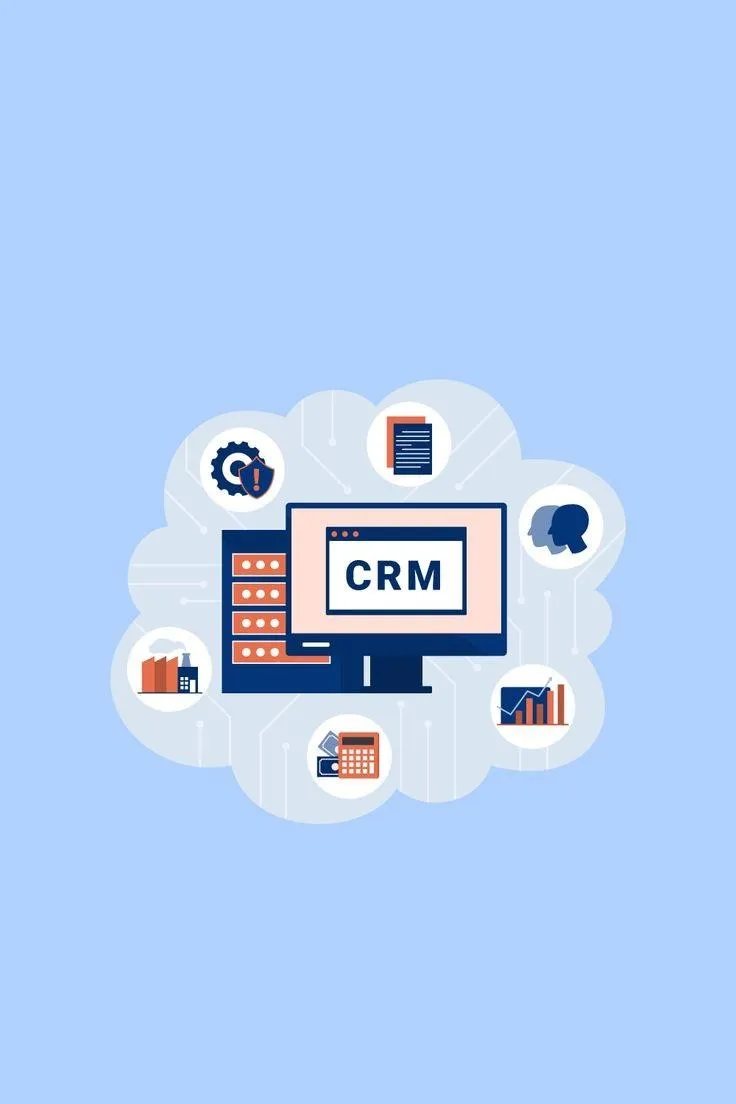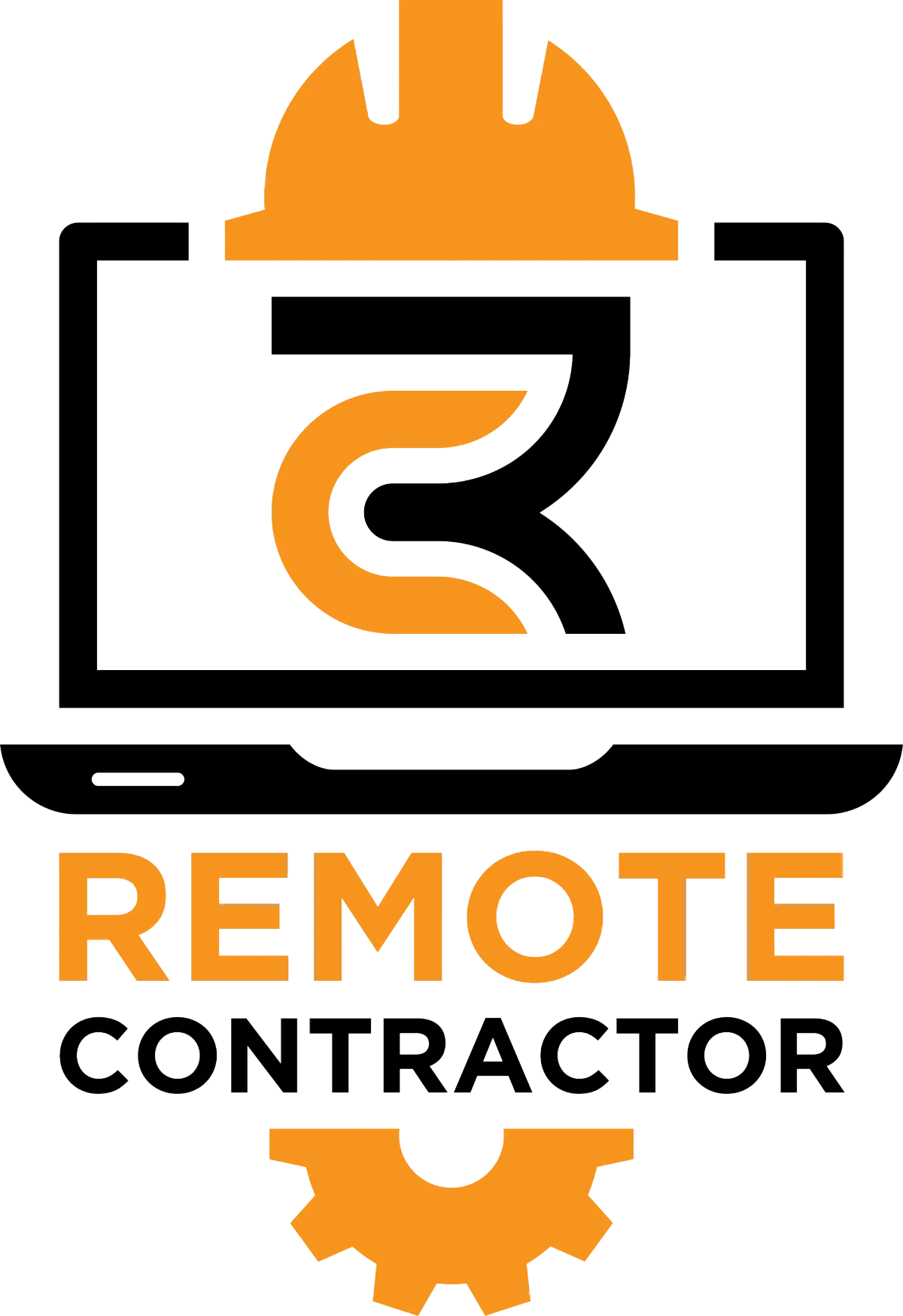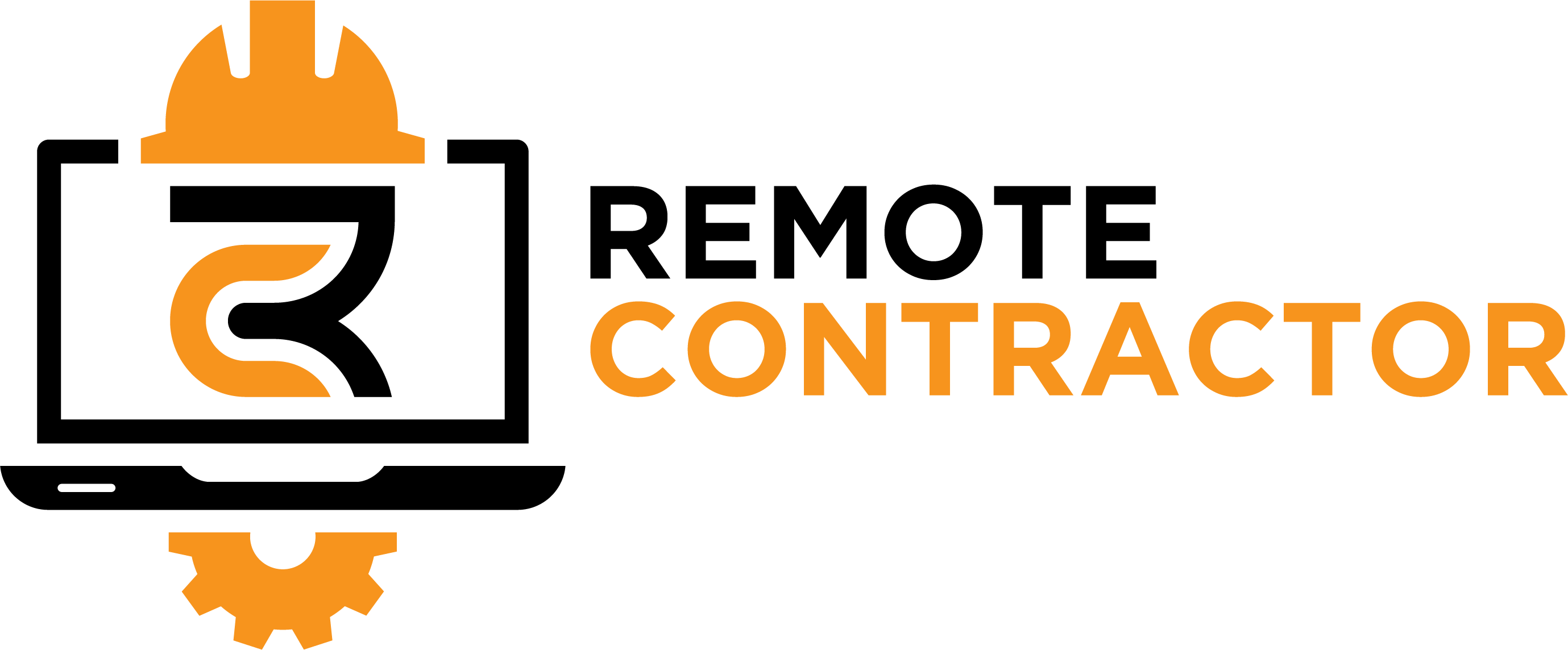Remote Contractor CRM
What is a CRM (Customer Relationship Management) System?
A CRM (Customer Relationship Management) system is a software tool designed to manage a company's interactions with current and potential customers. It helps businesses streamline their processes, improve relationships with customers, and enhance overall efficiency in managing customer data.

Benefits of our CRM System
Centralized Customer Data: Our CRM system consolidates all customer information, including contact details, purchase history, and interaction logs, into a single, easily accessible database. This centralization helps ensure that all team members have up-to-date information.
Improved Customer Relationships: By providing a comprehensive view of customer interactions, our CRM system enables businesses to offer more personalized and timely service. This helps in building stronger relationships and increasing customer satisfaction.
Enhanced Communication: CRMs often include tools for managing communication channels, such as email, phone calls, and social media. This ensures that all customer communications are tracked and followed up on appropriately.
Increased Sales and Revenue: By automating and optimizing the sales process, CRMs help businesses track leads, manage sales pipelines, and identify opportunities for upselling or cross-selling, ultimately driving higher sales and revenue.
Better Analytics and Reporting: our CRM system offer robust reporting and analytics features that allow businesses to monitor performance, track key metrics, and gain insights into customer behavior and trends.
Streamlined Workflow and Efficiency: Automation of routine tasks, such as data entry, follow-up reminders, and reporting, helps increase operational efficiency and frees up time for more strategic activities.
Improved Customer Segmentation: CRMs allow businesses to segment their customer base according to various criteria, such as demographics, purchase behavior, or engagement levels, enabling more targeted marketing and communication.
Enhanced Collaboration: With our CRM, team members can collaborate more effectively by sharing customer information, notes, and insights, leading to more coordinated and consistent customer interactions.
Implementing our CRM System
Identify Your Needs and Goals:
- Define Objectives: Determine what you aim to achieve with the CRM, such as enhanced customer service, increased sales, or better data management.
- Specify Features: Identify the CRM features that meet your business requirements.
Customize the CRM:
- Tailor System: Adjust the CRM to fit your business processes, including setting up custom fields, creating specific reports, and configuring automation.
Import and Organize Data:
- Migrate Data: Import and organize existing customer data to ensure it is clean and well-structured for effective CRM use.
Train Your Team:
- Provide Training: Educate team members on how to effectively use the CRM system to ensure they can leverage its full potential.
Integrate with Other Tools:
- Connect Systems: Integrate the CRM with other business tools like email marketing, social media, and accounting software to enhance functionality and streamline operations.
Monitor and Adjust:
- Review Performance: Regularly assess the CRM’s performance and gather user feedback. Make adjustments to improve effectiveness and address issues.
Leverage CRM Insights:
- Utilize Data: Use CRM data and insights to make informed decisions, refine strategies, and improve customer interactions and business processes.
Ensure Data Security:
- Protect Data: Implement security measures, including access controls, encryption, and regular backups, to safeguard customer information within the CRM.

Go Remote Contractor Today!
Satisfaction Guaranteed • Cancel at anytime

Help
Remote Contractor App Login
Schedule Onboarding
Billing
Technical Support
Help Library
Latest News
Resources
Become an Affiliate
Live Webinars
Watch Demo
Philanthropy
© Copyright 2024. Remote Contractor Solutions LLC. All rights reserved.
We’re on a mission to build a better future where technology creates good jobs for everyone.


